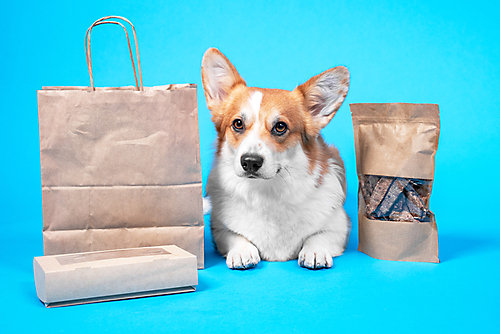Sustainable Ingredient Sourcing
Sustainability starts in the pet food bag. It is becoming more prevalent to source pet food ingredients using sustainable methods to ensure there is minimal negative impact on ecological, environmental or human wellbeing.
Sustainable Sourcing & Agronomy: Pet food manufacturers can partner with suppliers using sustainable sourcing practices. Kemin is one of the most vertically integrated suppliers of plant-based ingredients. Across the supply chain, Kemin controls the breeding, plant selection, growing, harvesting and extraction of our specialty crops. Kemin’s rosemary and spearmint crops are Certified Sustainably Grown by SCS Global. The Sustainably Grown certification recognizes businesses that meet the world's most stringent operational standards and are actively committed to driving positive change in environmental and social sustainability. These crops are integrated into the production of Kemin’s natural antioxidants.
Sustainable Proteins: Using alternative proteins can reduce the dependency on traditional proteins used in human food supply. Options for sustainably-sourced proteins include certain varieties of fish, nuts and seeds, which also provide beneficial omega-3 fatty acids for pets. Using invasive species as a protein source also benefits the environment from which they’re removed. Many pet food manufacturers are also exploring insect proteins, which offer a source of protein for pets that’s not in competition with human food supply.
Rendered Products: Another commonly unrecognized source of sustainable proteins are rendered products. Rendering creates valuable fats and proteins filled with vitamins and minerals for pets. Rendering is recycling; as this process makes use of 56 billion pounds1 of raw materials in the U.S. and Canada every year that would otherwise be sent to landfills.


